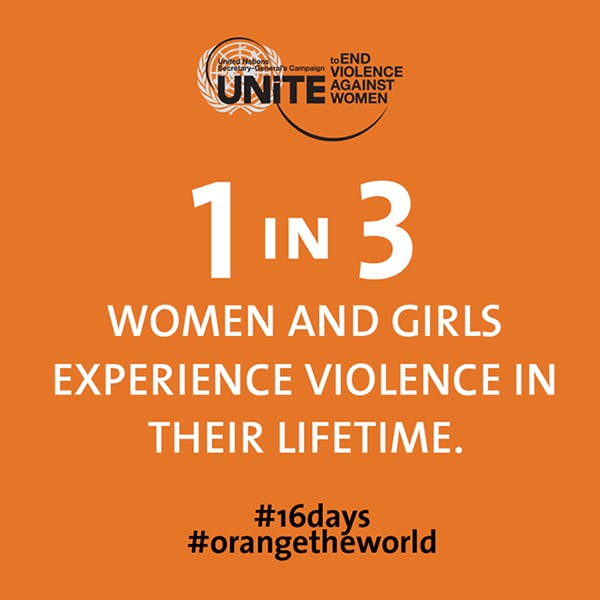
As the seemingly intractable problem of violence against women and girls continues to hit the headlines in new and increasingly brutal ways (for example, in conflict zones in the Middle East), our attention is rightly drawn once again to the perpetrators of the violence and the motives and beliefs of those who “commit” gender based violence (GBV). These motives include a sense of entitlement, an attempt to exercise power, and delusions of moral or religious authority.
But GBV is as much a result of acts of omission as it is of acts of commission, and in this post, I want to reflect on the culpability of individuals and institutions that facilitate and perhaps even encourage GBV through conscious or unconscious support of a fourth motivation for GBV – the ease with which it can be performed. Once one acknowledges the role of such acts of omission in the incidence and prevalence of GBV, the next step is to hold more accountable those that are guilty of such omission, in the same way as we seek to educate, penalize, or ostracize those guilty of acts of commission.
Acts of omission occur at every level; for example, in families that hush up evidence of GBV within the supposed security of the home – and recall that as many as 80% of acts of GBV globally are committed by close kin and intimate partners, not by strangers. Misplaced notions of family honor and shame, embarrassment about outing family perpetrators of GBV, refusal to believe that family members can be predators, patriarchal norms that deem it alright to hit or bully women, all greatly increase the ease with which those inclined to violence against women and girls feel emboldened to perform such violence.
Acts of omission are also evident in legal systems that might not let off lightly the committers of GBV but ignore loose-mouthed public figures (especially elected officials) who sometimes condone GBV as unimportant, harmless, or unintentional pranks by young men with energy to spare and at other times place the blame for GBV on the victims of such violence for not speaking, dressing, or moving in the right way and at the right time and in the right place. We have countless examples of such irresponsible public comments, and to my mind, the speakers of these reprehensible views deserve the same kind of punishment as those who act out these views. A legal or political framework that omits this duty is thus guilty of GBV.
Then there is the state – which is often culpable in GBV through its acts of omission. Quite apart from often failing in its duty to inculcate the long term social and moral change needed to create a society in which there is zero tolerance of GBV, governments at national and more local levels are also guilty of perpetrating GBV at a more immediate and pragmatic level if they omit to create the conditions in which GBV becomes difficult or even impossible.
One can think of so many examples of such state level abrogation of duty – the failure to provide safe public transportation for working women or students; the failure to provide brightly lit roads for women and girls to navigate, the failure to provide safety from GBV to girls in schools, the failure to impose controls on those charged with protecting vulnerable populations as in refugee camps or conflict zones. All these acts of omission increase the ease and confidence with which there can be acts of commission.
Such omission to provide what one might call a “geography” of constraints on GBV needs to be more loudly protested by those protesting the relentless commission of acts of GBV all over the world today. While we hold accountable individuals and institutions for not teaching boys and men that women are not for assaulting, for not introducing more stringent laws against sexual harassment and violence, for not upholding public standards for the respectful treatment of women (and all vulnerable minorities, really), these longer term objectives need to be just as fiercely combined with demands for greater accountability for the acts of omission that make these individuals and institutions partners in and abettors of GBV.



 View All Blog Posts
View All Blog Posts